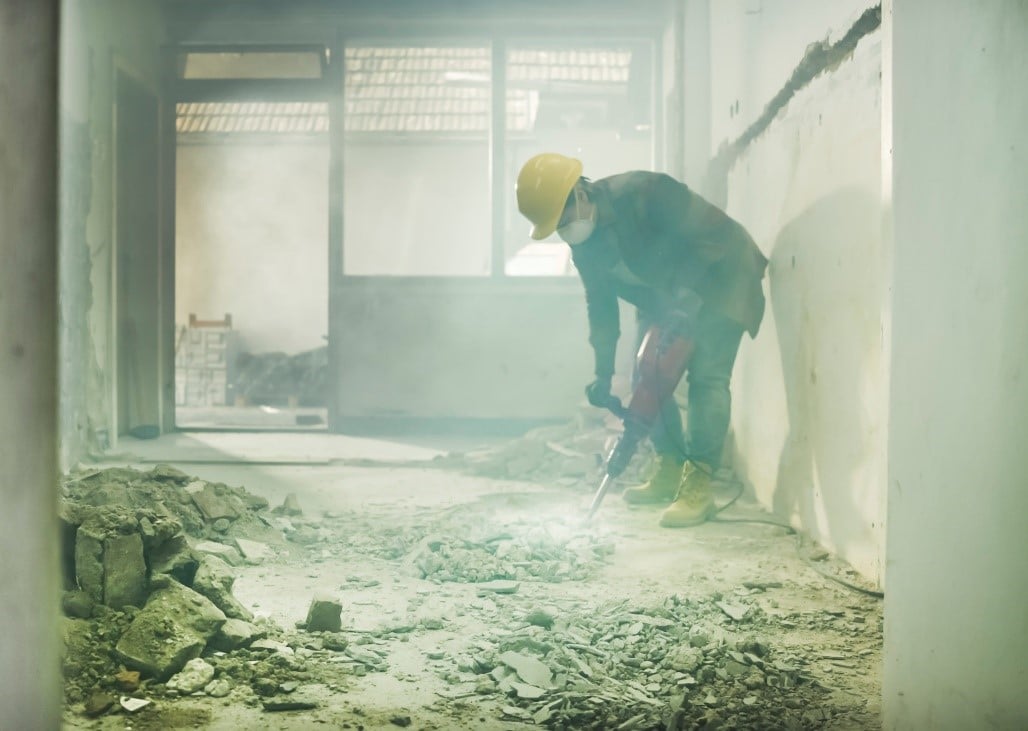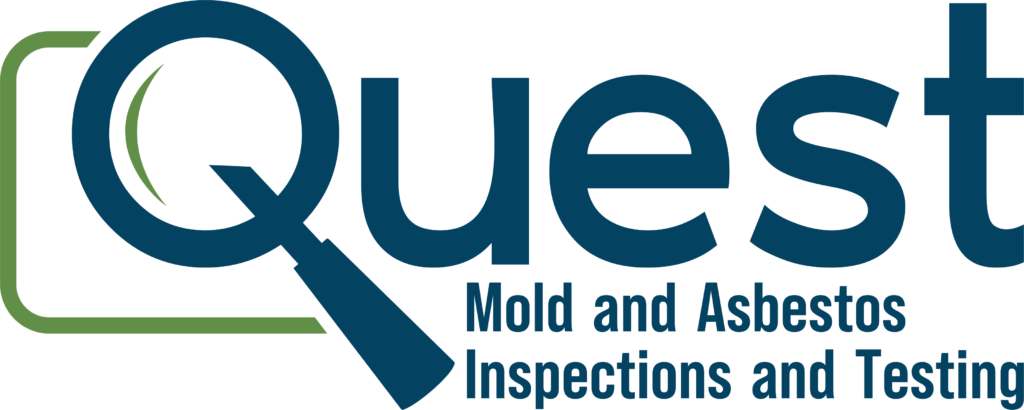Silica Testing
Silica testing is designed to prevent health problems and ensure safety through the identification of silica in the dust. This may be a common substance but found in many industries within materials such as concrete, masonry, and granite. While it is an integral part of many processes, the dust created from handling these materials has great health risks for the human body.
Silica exposure thus needs to be checked and considered absolutely dangerous for a number of health problems.
Crystalline silica, mainly quartz, is considered one of the most hazardous respiratory substances. The inhalation of fine silica dust can develop some serious health manifestations that include:
- Silicosis: This is a progressive lung disease characterized by scarring and inflammation of the lungs.
- Lung Cancer: Long-term exposure may increase the chances of causing lung cancer.
- COPD: Chronic obstructive pulmonary disease includes chronic bronchitis and emphysema.
- Kidney Disease: It may be associated with kidney damage and renal failure.
Most countries have very strict regulations to avoid excessive exposure among workers to silica. For example, OSHA in the United States has allowed only a certain percentage of silica in the workplace. Regular testing of silica ensures that it does not reach a level higher than that permitted, and thus businesses will be able to avoid any legal consequences by following set safety standards.
Testing for silica allows this danger to be caught early so that something can be done in good time. Businesses can thus take appropriate measures in respect of the improvement of ventilation systems, wet cutting methods, and provision of proper PPE. It ensures workplace safety and prevents eventual long-term harm resulting from the pathogenic microorganism to human health.
Proper testing of silica helps a company steer clear of certain legal issues or fines arising from violations of occupational health and safety. It aids workers; compensation claims in case health problems arise because of silica exposure by ensuring workers get the necessary care and compensation.
Silica testing is not a regulatory requirement but an indispensable health safeguard and an assurance of workplace safety. Regular silica testing protects your workers against serious health hazards, provides business adherence to the standard for safety, and sustains a healthy and safe working environment. Testing is a very important step in facilitating long-term health and safety within those industries where exposure to silica can be an occupational hazard.


